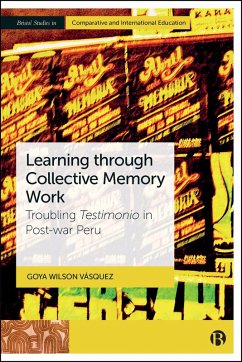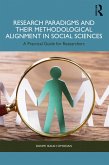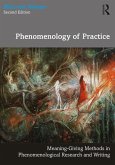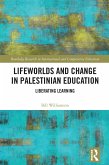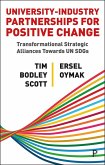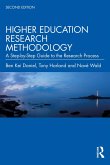This book traces the process of producing testimonio with the children of Tupac Amaru Revolutionary Movement (MRTA), an insurgent group during Peru's internal war (1980-2000). It examines how the group navigates the postwar struggles over memory while dealing with "the children of terrorists" stigma.
Drawing from a cycles of inquiry approach, the book theorises three movements for memory work: a realist presentation of testimonial narratives, a 'politics of memory' engaging with the conditions of production, and a 'poetics of memory' that troubles memory, voice, and representation for qualitative inquiry in postwar contexts.
Challenging the notion of war-torn countries as pure devastation, the author invites readers to see them as sites of knowledge and creativity with much to offer for education, peace studies, and social justice research.
Drawing from a cycles of inquiry approach, the book theorises three movements for memory work: a realist presentation of testimonial narratives, a 'politics of memory' engaging with the conditions of production, and a 'poetics of memory' that troubles memory, voice, and representation for qualitative inquiry in postwar contexts.
Challenging the notion of war-torn countries as pure devastation, the author invites readers to see them as sites of knowledge and creativity with much to offer for education, peace studies, and social justice research.
Dieser Download kann aus rechtlichen Gründen nur mit Rechnungsadresse in A, D ausgeliefert werden.

